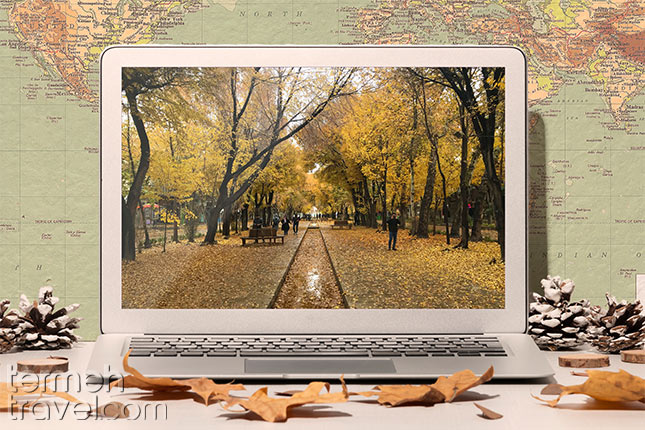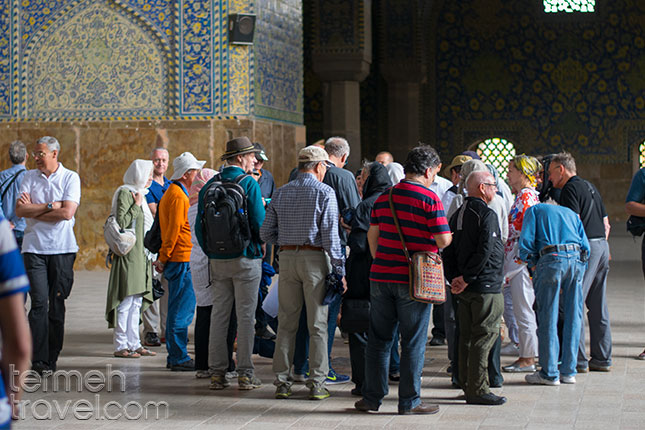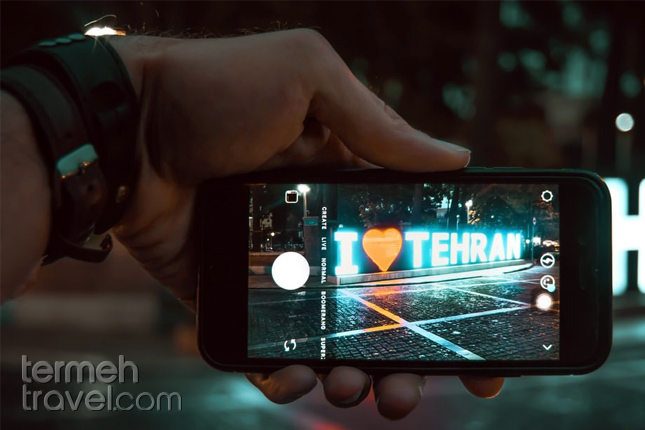Table of Contents
History of Alcohol in Iran
The ability to consume alcohol may have helped our ancestors to survive. Some scientists believe that the ethanol in fermented fruits and our ancestors’ ability to digest and metabolize the ethanol was a vital factor in the history of human beings. The presence of the ADH4 enzyme, which performs the critical job of breaking down ethanol, is one of the main reasons that gave us the upper hand in the complicated game of evolution.
Alcohol plays a crucial role in every ancient civilization, the first recorded history of brewery and winemaking goes back to 9,000 years ago where the Chinese people were making a kind of wine from rice, fruits, and honey. Some suggest that beer was likely born out of breadmaking by the first farmers in Europe. According to anthropologists, the nomads of Central Asia make up for the lack of fruit and grain on their steppes by fermenting horse milk. The result,” koumiss,” is a tangy weak beer. The wine was a necessity in ancient Greece, and according to Plato, “the law forbid the drinking of wine for jury members, councilors, soldiers and ships’ pilots while on duty, and or slaves at any time.”
The evidence found in the northwest of Iran suggests that winemaking in Hajji Firuz Tepe in the Zagros Mountains of Iran was deliberately taking place over 7,000 years ago. They used wine vessels and pottery jars to make wine out of grapes and used wild pistachio as the preserver. Godin Tepe, located in the west part of Iran, is another famous archeological site with evidence supporting the production of wine and beer. Traces of wine and beer found in ceramics dated to 5,000 years ago along with the findings at Hajji Firuz Tepe are enough to confirm the production of alcohol in the Zagros Mountains.
Is Alcohol Illegal in Iran?
Yes. Producing, trading, transporting, and consuming any alcoholic beverage is illegal in Iran. This includes moonshines, wine, beer, and any other form of food containing alcohol, such as chocolates, and cakes. The law is very clear about alcohol and has severe punishments for it, including deterrence. Alcohol is banned in Iran because it is forbidden in Islam, which is the main religion of Iran since 99.4% of Iranians are Muslims, according to the Statistical Center of Iran.
Religious minorities are exceptions. They can produce homemade alcoholic beverages for personal use and drink in the privacy of their homes. They can’t sell or trade their products, and they cannot drink in public. It is worth to mention that only Christians, Jews, and Zoroastrians living in Iran are recognized as religious minorities by the law.
Are Tourists Allowed to Consume Alcohol in Iran?
Tourists are not allowed to produce, trade, transport, or consume any alcoholic beverages in Iran, despite their religious and cultural backgrounds. It is illegal to bring any form of food that contains alcohol to Iran, and the product will be seized at the airport. Hotels and restaurants don’t serve any drink that contains alcohol. Still, travelers can try “Delester,’ a non-alcoholic beer that is available in different brands and tastes such as peach, lemon, and classic.
Dangers of Homebrew Moonshine in Iran
Other than the fact that alcohol is illegal in Iran, many other factors warn us against drinking in Iran. The main drink found in Iran is homebrew Moonshine (also known as Aragh, or Persian Vodka), which is dangerous for many reasons. The amount of alcohol in moonshines cannot be determined, and it may cause alcohol poisoning, affecting heart rate and breathing and even leading to coma and death, according to the Mayo Clinic. Manufacturers’ mistakes, ignorance, or shortcuts can yield a highly toxic product, according to LiveScience. It is even more dangerous in Iran since it’s illegal, and there is no monitoring or observation.
Bars in Iran (Juice Bars)
Fruits play a key role in Iranian culture and Persian cuisine. Iranians use fruits in many of their famous dishes, such as Fesenjan, Khoreshte Alu, and Koofteh Tabrizi.
Fruits are used to serve the guests, along with tea and sweets. Pomegranate, sweet lemon, pistachio, and quince are the unique fruits of Iran, and you can enjoy their exotic taste while visiting.
Juice bars are one of the essential aspects of Iranian culture and history. The lack of alcohol has created an opportunity for Juice bars to become popular among Iranians.
These bars serve all kinds of mixed or plain juice. Carrot Juice, with flouting traditional saffron Ice cream called “Ab Havij Bastani,” and a thick mixture of milk and bananas called “Shirmoz” are the most famous ones. Recently the creativity of Iranian Juice Bars has created many exciting infusion drinks and smoothies.













Actually tourists that are not Muslim and religious minorities can consume alcohol in Iran but not in public and places that Muslims, Iranian or not, are present. Basically in private. Many top tier hotels serve it to tourist and it’s also served in embassies. Don’t forget that Iran has a rather large population of Armenians.